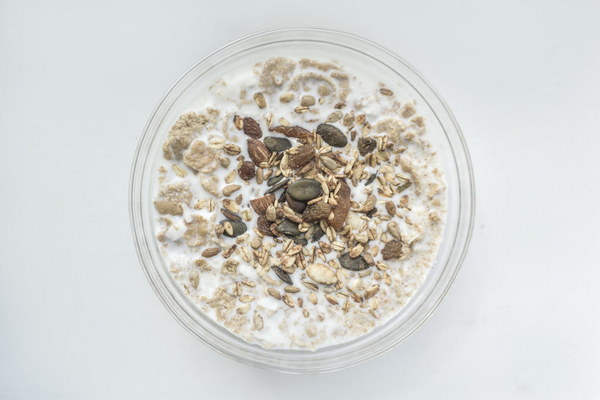Can Lung Detox Tea Really Detoxify Your Lungs A Comprehensive Look at the Truth
Introduction:
In recent years, lung detox tea has gained significant popularity as a natural remedy for improving respiratory health. The promise of cleansing the lungs and alleviating symptoms associated with respiratory conditions has led many to wonder: can lung detox tea really detoxify your lungs? In this article, we will delve into the science behind lung detox tea, examine its ingredients, and explore the potential benefits and drawbacks of incorporating it into your wellness routine.
Understanding Lung Detox Tea:
Lung detox tea is a herbal tea blend designed to promote lung health and support the body's natural detoxification processes. The tea typically contains a combination of natural herbs and plants that have been traditionally used for their respiratory benefits. Common ingredients include ginger, mint, echinacea, and green tea, among others.
The Science Behind Lung Detox Tea:
While the idea of detoxifying the lungs may sound appealing, it is important to understand the limitations of herbal teas in this regard. The human respiratory system is a complex and intricate system that filters and exchanges gases, as well as removes impurities from the air we breathe. The lungs do not require external detoxification methods like those found in lung detox tea.
However, certain ingredients found in lung detox tea may offer respiratory benefits. For instance, ginger is known for its anti-inflammatory properties, which can help reduce inflammation in the respiratory tract. Echinacea has been traditionally used to boost the immune system, potentially aiding in the body's natural defense against respiratory infections. Green tea, on the other hand, contains antioxidants that may help protect the lungs from oxidative stress.
Potential Benefits of Lung Detox Tea:
1. Respiratory Health: The anti-inflammatory and immune-boosting properties of lung detox tea ingredients may help alleviate symptoms associated with respiratory conditions such as bronchitis, asthma, and allergies.

2. Immune Support: The immune-boosting effects of echinacea may help strengthen the body's defense against respiratory infections.
3. Improved Lung Function: The antioxidants present in green tea may contribute to better lung function and overall respiratory health.
Drawbacks and Considerations:
1. Limited Scientific Evidence: While lung detox tea ingredients may offer some respiratory benefits, there is limited scientific evidence to support its claims of detoxifying the lungs.
2. Individual Reactions: Some individuals may experience adverse reactions to certain ingredients, such as allergic reactions or gastrointestinal discomfort.
3. Reliance on Herbal Remedies: Relying solely on herbal teas for respiratory health may lead to neglecting conventional medical treatments and advice.
Conclusion:
While lung detox tea may offer some respiratory benefits due to its herbal ingredients, it is important to approach its claims with a critical eye. The lungs do not require external detoxification methods, and lung detox tea should not replace conventional medical treatments for respiratory conditions. Incorporating lung detox tea into a holistic wellness routine may provide some support for respiratory health, but it should not be seen as a miracle cure. As always, it is advisable to consult with a healthcare professional before starting any new herbal remedy or making significant changes to your health regimen.









